
According to Mohammed AlKaff AlHashmi, the co-founder of “Islamic Coin,” Muslim scholars will increasingly view cryptocurrencies as being “Shariah-compliant” if they function as a store of value or are used as a medium of exchange. Alhashmi added that Islam’s “robust” ethical framework already “accommodates modern technological advancements such as the blockchain and cryptocurrencies.” This, he said, may help explain the gradual acceptance of unbacked digital assets by some in the Islamic community.
Crypto Acceptance in the Muslim World
Despite this changed perception towards cryptocurrencies, many Islamic-themed digital tokens that were launched in the past have seemingly failed to emulate the success of pioneering coins like bitcoin (BTC) or ethereum (ETH). In contrast, Alhashmi’s islamic coin appears to have garnered substantial financial support as evidenced by the $ 200 million in funding recently secured from ABO Digital.
When asked why islamic coin has seemingly done better, AlHashmi pointed to how the project’s multifaceted approach broadens its “reach and enhances our value proposition.” The co-founder also argued that the coin’s apparent success on the funding front can be seen as a testament to the Islamic community’s approval of this approach.
However, critics of AlHashmi’s crypto project assert that the coin is not Sharia-compliant as claimed. They also accuse AlHashmi and his team of attempting to lure devout Muslims with such false claims. In his response, AlHashmi told Bitcoin.com News that such allegations “overlook the fundamental architecture and ethos of our project.” The co-founder also went on to identify aspects of islamic coin which he asserts back the Sharia-compliant claims.
Below are AlHashmi’s written answers to questions sent to him via Linkedin.
Bitcoin.com News (BCN): The islamic coin project appears to have had quite a successful year so far. From securing $ 200 million from Alpha Blue Ocean’s ABO Digital to working with Republic Crypto on a token sale, it would seem that you have fared better where others have struggled to stay afloat. Can you explain to our readers why the Islamic Coin project has been able to garner the support it has today?
Mohammed AlKaff AlHashmi (MKH): The immense support behind islamic coin can be attributed to the multifaceted approach that sets it apart in the crowded cryptocurrency landscape. First and foremost, our project is not limited to catering to crypto-native individuals. While many projects focus solely on this demographic, islamic coin aims to bridge the gap between crypto-native and non-crypto audiences. This broadens our reach and enhances our value proposition.
Also, we’re not just creating a crypto product; we’re building a comprehensive ecosystem that aligns with Shariah principles. This resonates with a global Muslim population of approximately 1.9 billion people. Our project is designed to be more than just a financial instrument. It aims to integrate seamlessly into various aspects of daily life, from social media interactions to healthcare services.
Investors recognize the enormous potential of a project that not only adheres to ethical guidelines but also serves a large, untapped market. The support we’ve garnered is a testament to our innovative approach and the significant impact we’re poised to make in the digital asset space.
BCN: A few years ago, influential Islamic institutions and governments warned Muslims against buying or selling virtual money. Today, there are several so-called Islamic cryptos listed on crypto exchanges and to some, this can be seen as an endorsement of some kind. Do you agree with this assessment?
MKH: The evolving stance on cryptocurrencies within the Islamic community is a complex issue. People tend to approach every new technology with caution, and that’s exactly what happened. As time goes on, and understanding increases, so does the positive stance on those technologies. That leads to increased awareness, which leads to increased adoption.
In Islamic financial jurisprudence, traditional currency is expected to be backed by tangible assets like gold or silver.
However, many cryptocurrencies function more as digital finance assets rather than traditional currencies. These assets serve as a store of value and a medium for transactions, and their value fluctuates based on community adoption. When viewed through this lens, scholars are increasingly recognizing that digital assets can be Shariah-compliant, provided they are not used for activities that contravene Islamic principles, such as usury or the trade of prohibited substances.
Islam’s ethical framework is robust enough to accommodate modern technological advancements, including blockchain and cryptocurrencies. As awareness grows, resistance often gives way to acceptance, not just within the Islamic landscape but also in broader societal contexts.
It’s also worth noting that today, more Islamic scholars and Islamic financial institutions are delving deeper into blockchain technology and its capabilities — smart contracts, transparency, and community governance — and they are finding that it aligns well with the principles of Islamic finance. This has led to a more favourable view of digital assets within the Islamic community, paving the way for greater acceptance and adoption.
So, the shift in perception is not so much an endorsement as it is an evolution of understanding, driven by increased awareness, technological advancements, and the realization that digital assets can coexist with Islamic principles.
BCN: What is your perception of the regulatory environment in the Middle East and North Africa (MENA) region versus Europe, where you are headquartered?
MKH: The regulatory environment in MENA and Europe are distinct, each shaped by its own set of socio-economic, cultural, and political aspects. Many view Europe as the standard in financial innovation, but it’s important to recognize that they also deal with challenges. The 2008 financial crisis reminds us that a system built on interest-based loans can also have economic downturns. High interest rates and overpriced assets created a liquidity gap, which can trigger a crisis with global ramifications.
In contrast, the Islamic financial system, prevalent in the MENA region, has demonstrated resilience through community-centric values. In 2015, Islamic financial entities in Jordan recorded a -0.9% inflation rate while the world grappled with inflation rates exceeding 7.1%. This underscores the inherent stability of an interest-free, balanced financial system that prioritizes community well-being over profit.
However, while the Islamic financial system has proven its efficacy, it has not been adequately served by modern technology. This is a gap we’re trying to bridge with Islamic coin, and we want to inspire more Shariah-oriented fintech ventures to emerge across the market.
BCN: Some claim that islamic coin’s compliance with Islamic law cannot be verified. What makes you say your project is Shariah-compliant and why is this important for the digital currency?
MKH: Islamic coin’s legitimacy as a Sharia-compliant cryptocurrency is proven by its Fatwa, a significant Islamic ruling given to the project by renowned Islamic scholars and professionals in Islamic banking. This Fatwa is not just a stamp of approval; it’s a rigorous validation of our coin’s adherence to the principles of Shariah. Beyond this pivotal endorsement, islamic coin’s design and operational framework are deeply rooted in Islamic financial principles. It operates on a profit-and-loss sharing system, aligning with the prohibition of interest-based lending in Islamic finance.
Every transaction on the HAQQ blockchain is transparently recorded on a decentralized ledger, ensuring further compliance. Our commitment to these principles ensures that the token provides a genuinely Sharia-compliant avenue for the global Muslim community to engage with digital assets, bridging modern finance with ethical financial practice.
BCN: Critics also claim that there is nothing Islamic about your coin and that you are only using this to win over devout Muslims who would otherwise not invest or buy the coins. What would be your response to this?
MKH: Such claims are not only false, but they also overlook the fundamental architecture and ethos of our project. Unlike traditional centralized systems, where transparency might be a concern, blockchain technology allows for unparalleled scrutiny. Every aspect of islamic coin, from its smart contracts to its financial transactions, is open to public verification. This transparency extends to our Sharia compliance as well. Our scholars and issued Fatwa can be easily verified on our website.
Moreover, we’ve gone a step further by implementing the Shariah Oracle, a mechanism designed to verify the decentralized applications (dapps) created on the HAQQ chain. This ensures that applications align with Islamic principles, providing an additional layer of trust and compliance.
It’s important to remember that islamic coin is not just an exclusive crypto product; it’s an inclusive financial instrument built on a foundation of Islamic ethics. From profit and loss sharing to transparency and community contributions, every feature is designed to be in harmony with Islamic principles. A portion of the coin’s proceeds is allocated to Islamic charities and projects, adhering to the principle of zakat, one of the core pillars of Islam.
What are your thoughts on this interview? Let us know what you think in the comments section below.
Bitcoin News
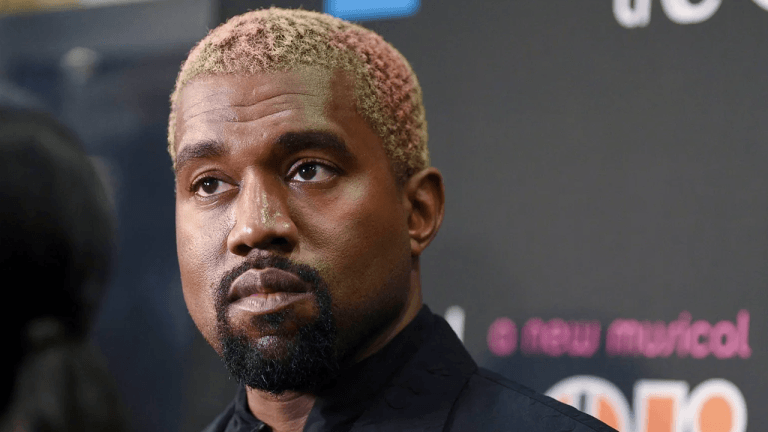

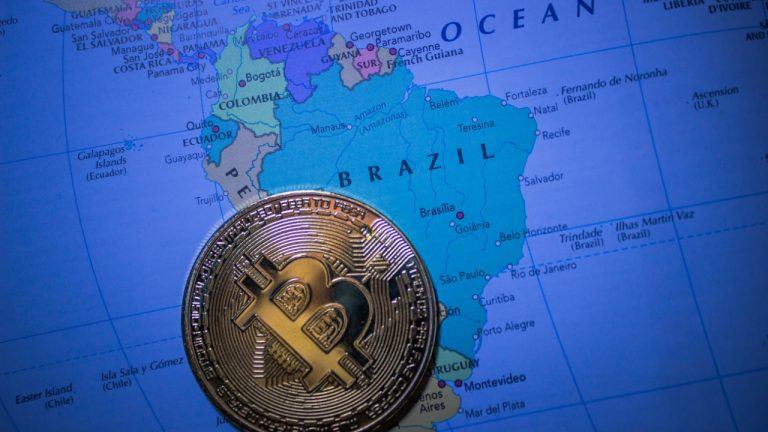
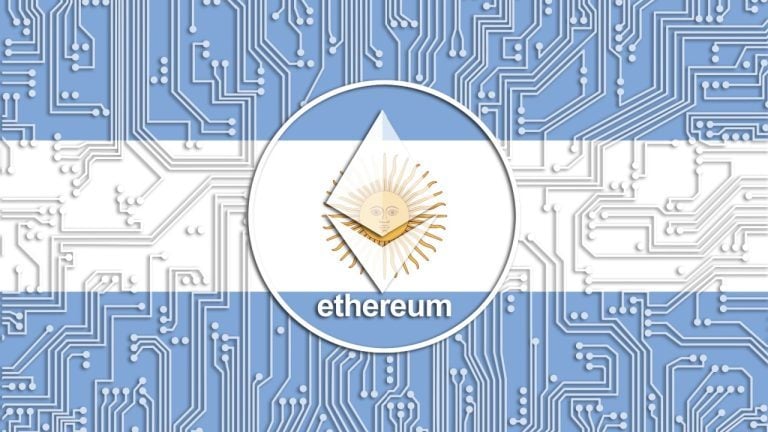
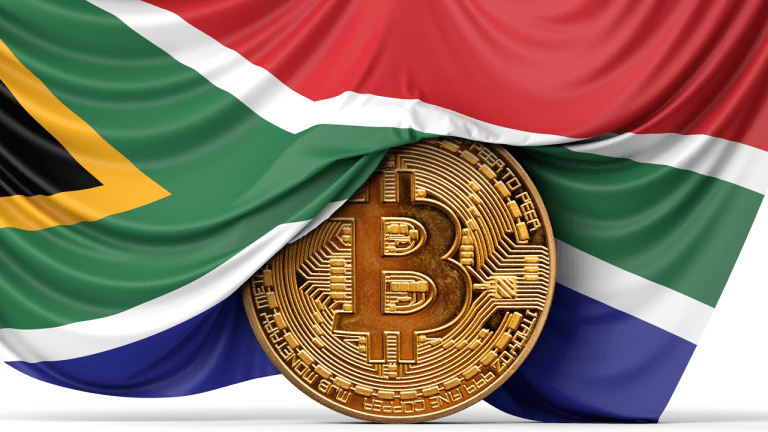

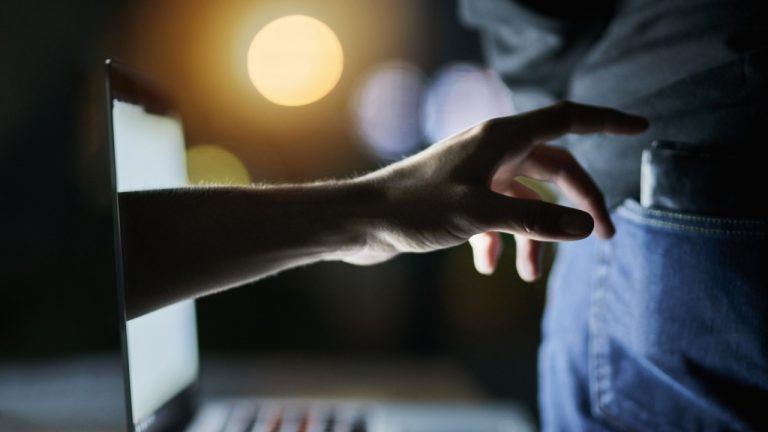
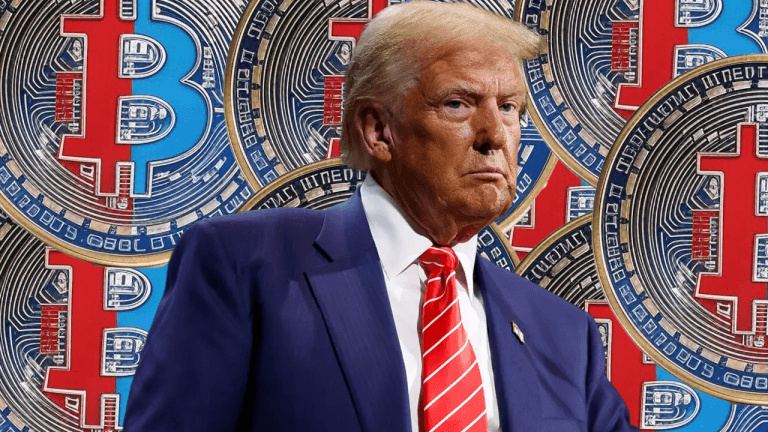
Leave a Reply
You must be logged in to post a comment.